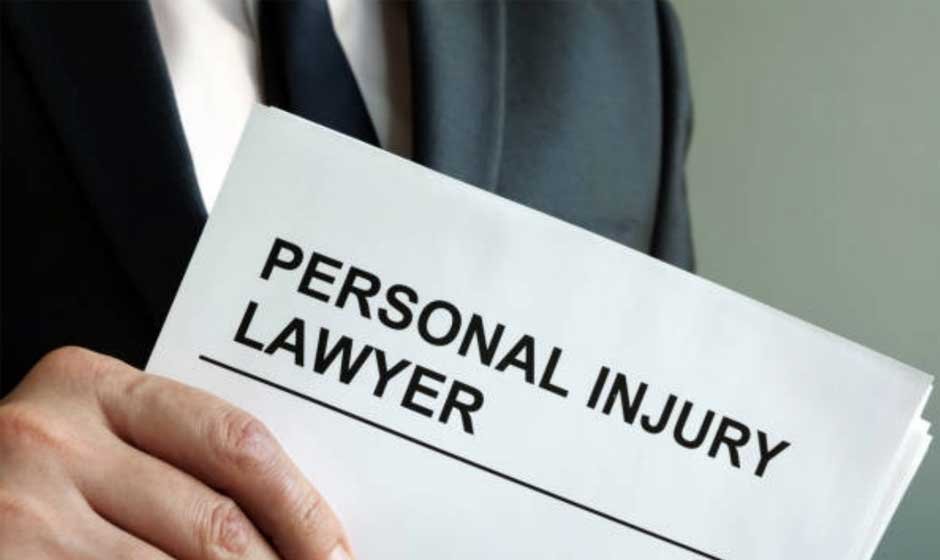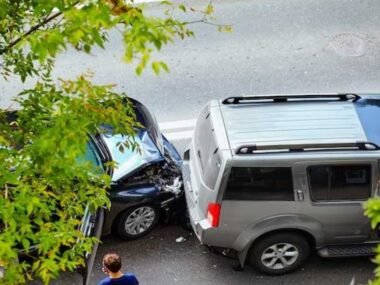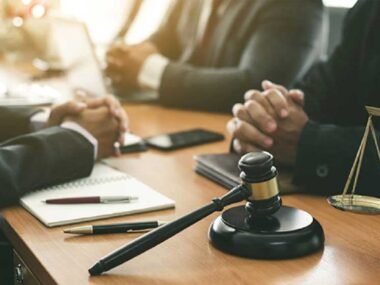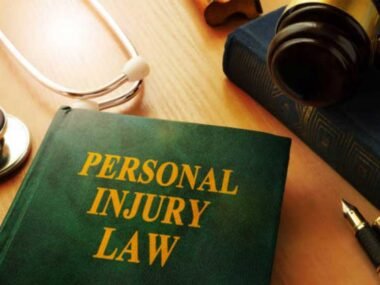In an Arizona personal injury (PI) case, successful prosecution greatly relies on evidence. Documentation and proof in the right manner stand between a fall on ice or an auto accident and a claim of fault and damage. Be it medical expenses, loss of wages, or pain and suffering, this presentation of evidence is critical in proving fault and justifying the damages being claimed.
This article will discuss critical evidence personal injury lawyers in Arizona use to make all the difference and take a closer look at what to collect so as to enhance your case in view of getting a better settlement or favorable court ruling.
1. Medical Records
Medical records are crucial in proving the extent of one’s injuries and, consequently, the type of treatments that one has had. These are considered absolute proof of your condition following your accident. To that end, imagine yourself injured in a car collision; the visit to the emergency room and resultant follow-up appointments may indicate obvious injuries like fractures, sprains, or even long-term conditions like chronic pain.
Without these records, it may be difficult to demonstrate the full extent of your injury and its impact on your life. Arizona law requires a detailed account of medical treatments, which can be used to assess both your current and future medical needs.
Medical records will detail the diagnosis, hospital stay, rehabilitation therapies, and prognosis if one has been diagnosed with traumatic brain injury as a result of a construction site accident, and thus they will play an important role in determining compensation for both medical expenses and pain and suffering.
2. Witness Testimonies
Those who witnessed the accident happen can be a big help for your case. Their statements give an unbiased view that can confirm important details of the incident, especially if the people involved have different versions of what happened. If the Arizona witnesses watched the other party being careless or in violation of traffic laws, their testimony can be very supportive towards your statements about who was at fault.
3. Photographic and Video Evidence
Photos or videos of the scene of an accident or injury, plus any personal injury or damage to property, can be very powerful visual evidence in helping to defend your case. With this evidence, you will have the conditions at the time of the accident, the degree of damage, or the aftermath that occurred within minutes of the incident. For example, in Arizona, there may be video cameras from local businesses or even traffic cameras, showing unflinching proof of what actually happened at the time of the accident.
4. Expert Testimony
Expert witnesses have specialized knowledge that educates the Court regarding obscure areas of your case. A medical expert can testify to the long-term effects of an injury, such as permanent nerve damage from a slip-and-fall accident. An accident reconstructionist looks at the scene of the accident and can explain how the collision occurred, even in those accidents where the details are not clear, or even hotly disputed.
5. Police Reports
The police often respond to the scene of an accident, especially when there is a car collision in Arizona. Police reports can show relevant facts, such as parties involved in an accident, an officer’s assessment of fault, and citations issued to the defendant. Not always determinative on their own, police reports can provide neutral statements of what transpired in the incident that may be helpful to prove liability.
6. Physical Evidence
Tangible evidence from the scene of the accident can help corroborate your story. For instance, damaged vehicles, broken equipment, or the item that caused the injury can all be used as evidence. This physical evidence is particularly useful in accidents like construction site injuries, where faulty machinery or unsafe work practices may be at fault.
7. Documentation of Lost Wages
If your injury causes you to miss work, you must document the lost wages to seek compensation for your economic damages. This could include pay stubs, tax returns, or a letter from your employer detailing your absence from work due to injury. Arizona law allows you to seek compensation for wages lost as a result of your injuries, which should be backed by clear documentation.
8. Private Investigator Findings
In certain complex cases, hiring a private investigator (PI) may be necessary to uncover additional information. A PI can conduct background checks on the defendant, gather surveillance footage, or interview further witnesses. This can be particularly useful when dealing with personal injury cases where the defendant’s actions or behavior prior to the accident are critical to establishing negligence.










